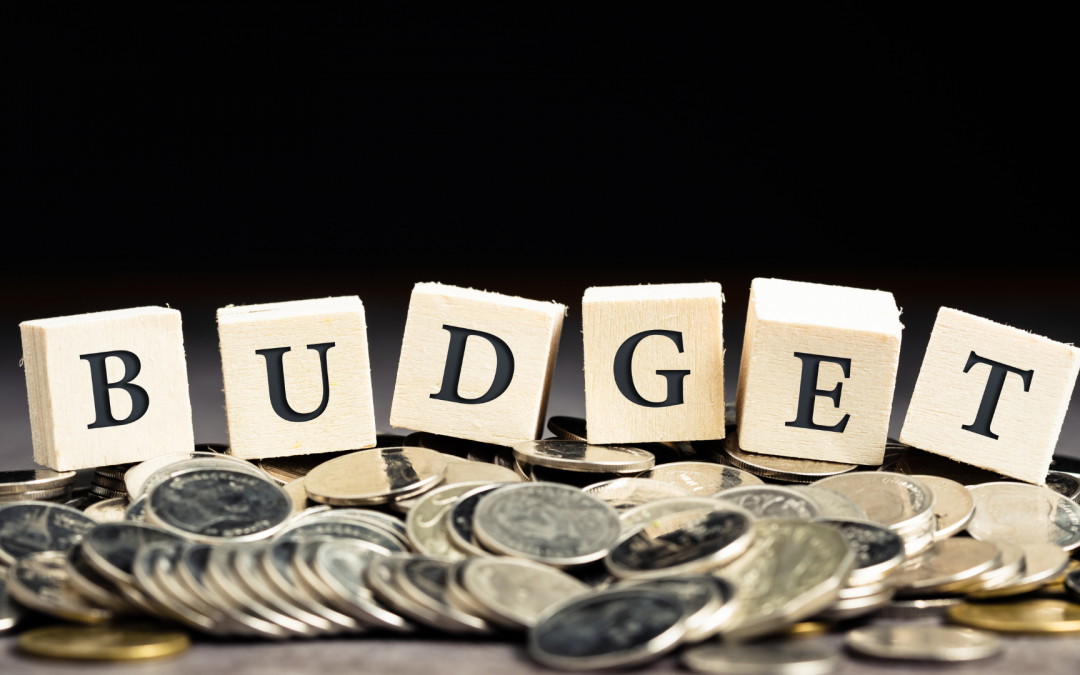When planning to buy or invest in real estate, budgeting is one of the most critical steps you can take. A well-thought-out budget ensures you understand your financial limits, helps you plan for future expenses, and can be the difference between a sound investment and financial strain. Here’s why budgeting in planning is crucial in your real estate journey.
Understanding Your Financial Limits
1. Assessing Affordability
Before you start looking at properties, it’s essential to know what you can afford. This involves evaluating your income, savings, and existing debts. By setting a clear budget, you can narrow down your property search to homes within your financial reach, avoiding the temptation to overspend. Understanding your financial limits helps prevent future financial distress and ensures that your real estate investment is sustainable.
2. Securing Financing
Lenders will look closely at your finances before approving a mortgage. A well-prepared budget shows lenders that you are financially responsible and can afford to repay the loan. It includes a detailed overview of your income, expenses, and savings, which can expedite the loan approval process and potentially secure better interest rates.
Planning for Future Expenses
3. Down Payment and Closing Costs
Buying a property involves significant upfront costs, including the down payment and closing costs. Budgeting allows you to plan for these expenses in advance. Typically, a down payment ranges from 3% to 20% of the property price, depending on the loan type. Closing costs, which cover fees for inspections, appraisals, and legal work, can add another 2% to 5% of the property price. By budgeting for these costs, you ensure you have sufficient funds available when needed.
4. Ongoing Maintenance and Repairs
Homeownership comes with ongoing expenses for maintenance and repairs. Budgeting helps you set aside funds for these inevitable costs, ensuring your property remains in good condition and retains its value. Regular maintenance can prevent minor issues from becoming major, costly repairs, protecting your investment in the long run.
Making Informed Investment Decisions
5. Evaluating Investment Properties
For those looking to invest in real estate, budgeting is crucial for evaluating potential investment properties. It helps you analyze the financial viability of different properties by considering purchase price, renovation costs, property taxes, and expected rental income. A comprehensive budget enables you to calculate the return on investment (ROI) and decide whether a property aligns with your financial goals.
6. Preparing for Market Fluctuations
The real estate market can be unpredictable, with periods of rapid appreciation followed by potential downturns. A solid budget includes a contingency plan for market fluctuations, ensuring you can weather periods of lower property values or rental income without significant financial strain. This preparation can make your investment more resilient and reduce the risk of financial loss.
Enhancing Financial Discipline
7. Setting Realistic Goals
Budgeting helps you set realistic financial goals for your real estate purchase or investment. By clearly defining what you can afford and what you need to save, you can create a timeline and action plan to achieve your objectives. This financial discipline can keep you focused and motivated throughout the process.
8. Avoiding Impulse Purchases
A detailed budget can prevent you from making impulsive decisions that could negatively impact your finances. By sticking to your budget, you ensure that every financial decision aligns with your long-term goals, reducing the risk of overspending and ensuring your investment remains sound.
Budgeting is a fundamental aspect of planning to buy or invest in real estate. It helps you understand your financial limits, plan for future expenses, make informed investment decisions, and maintain financial discipline. Whether you’re a first-time homebuyer or a seasoned investor, a well-constructed budget can guide your financial decisions, ensuring your real estate investment is a successful and sustainable endeavor.
By prioritizing budgeting, you set the foundation for a secure and prosperous real estate journey, positioning yourself to reap the long-term benefits of property ownership and investment.






